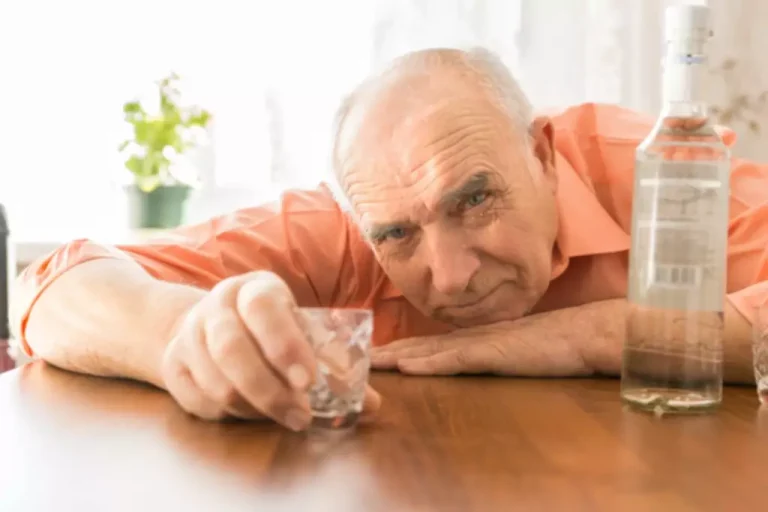
One thing to keep an eye on, though, is the alcoholic content of your beer. Major beer brands generally run between 4% and 5% alcohol per 12-ounce can or bottle. However, certain styles of craft beer are as much as 9% alcohol per the same volume.
Is wine high in vitamin K?
Without alcohol in your system, your brain can become over-excited quickly. This is an uncomfortable flushing reaction that occurs immediately after the person starts drinking. This reaction isn’t a sign of intoxication or drunkenness, but rather it means that your body doesn’t contain the correct enzymes to break down alcohol to a byproduct that’s safe to process.
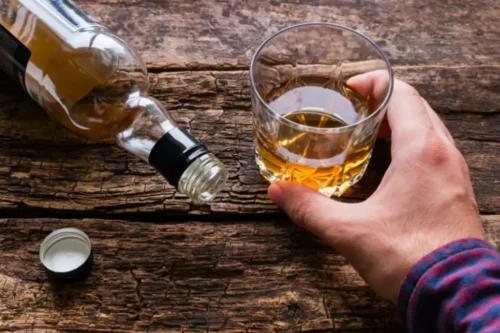
Dangers of drinking alcohol in the cold
However, as mentioned above, one should be careful when drinking in cold weather. The feeling of warmth may actually mask a drop in body temperature, and sweating makes you more likely to catch a chill. In extreme cases, some people have actually died from hypothermia after spending too much time in cold weather while drunk. For some people, consuming an excessive amount of alcohol can cause unpleasant side effects such as sweating after drinking. People who drink heavily or regularly may have night sweats several hours or days after consuming alcohol. Night sweats are a common symptom of alcohol withdrawal, which often affects people with alcohol use disorder (AUD).
Cancer risk
For more information about treatment programs for alcohol abuse contact American Addiction Centers at today. Delirium tremens (DT) is the most severe form of alcohol withdrawal. It can cause severe sweating, fever, hallucinations, and seizures.
- In extreme cases, some people have actually died from hypothermia after spending too much time in cold weather while drunk.
- Alcohol itself already causes dehydration, which is a major contributing factor to the symptoms listed above.
- If you experience these symptoms along with regular night sweats, you may be going through alcohol withdrawal.
How many units of alcohol should we be drinking per week?
Some people receiving treatment for cancer have hot flashes and night sweats. While each patient is different, sweating can happen from a tumor, the treatment itself or drugs that might be prescribed for pain or other reasons, according to the National Cancer Institute. Yet ethanol is not always perceived as pleasant; it can be quite bitter. If ethanol is given over time rats show increasing “tasty” responses in their mouth and facial expressions.
Don’t make the mistake of thinking alcoholic beverages equal hydration because they’re a fluid, says Zumpano. Your gut microbiome is a hotbed of bacteria that help keep your digestive system happy and healthy. The trillions of microbes in your colon and large and small intestines are critical to proper digestion. They also help fend off inflammation and support healthy metabolism. If alcohol continues to accumulate in your system, it can destroy cells and, eventually, damage your organs.
- It is also known that alcohol acts on the process of long-term potentiation – the way in which neurons remodel the connections between them after learning.
- The best way to relieve the symptoms of alcohol intolerance is to limit or eliminate alcohol consumption.
- So, what can you do to avoid dehydration troubles when you’re sipping your favorite boozy beverage by the pool?
- This includes our risk of several cancers, the chances of breaking a bone after a minor fall, slower reaction times, and bad reactions to medications.
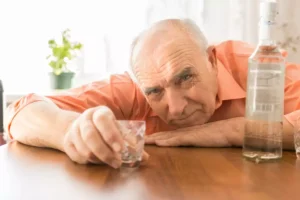
In summary, your body may actually produce some extra heat while you are drinking, but most of this finds its way to the surface of your skin or your extremities. This is why you may feel hot, and even sweat profusely when you drink alcohol. He promptly replied that it’s quite common as it’s an aftereffect of alcohol.
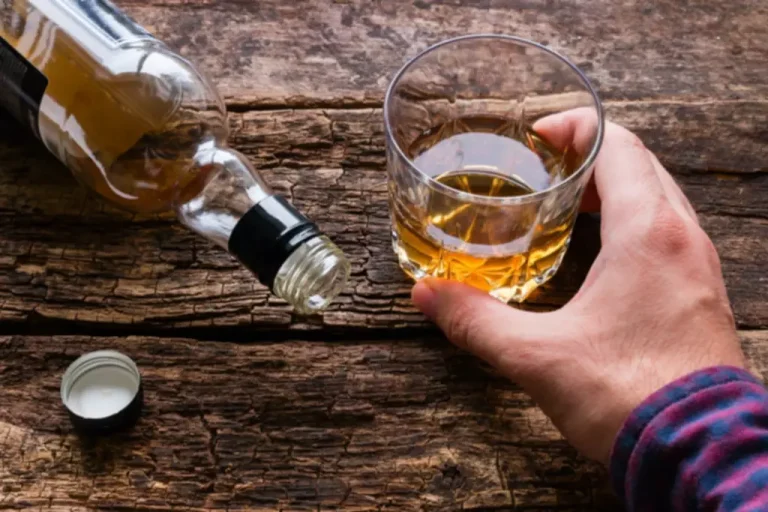
It can happen if you have an alcohol use disorder, binge drink, or even if you’ve only had one drink. People may not realize that because of this, they are at risk of hypothermia in cold weather. During hot weather, they may begin to experience nausea and dizziness with dehydration in addition to sweating.
- If you’re struggling to control your drinking, our Banyan rehab locations offer alcohol addiction treatment that offers you the physical and mental care needed to recover and regain your sobriety.
- If you drink a lot or suffer from a condition like facial flushing, you might feel very warm after a night of drinking.
- One thing to keep an eye on, though, is the alcoholic content of your beer.
- The warm and toasty feeling after drinking alcohol can be accompanied by sweating.
- For some, even having one glass of wine or pint of beer can cause flushing in the face, and the more the person drinks, the redder their skin becomes.
- If you’re dehydrated, you can become confused and have trouble with your coordination — symptoms very similar to being intoxicated.
Can Drinking Alcohol Increase Body Temperature?
Alcohol creates why does alcohol make you hot risks for people of all ages, but as we age our bodies are less able to cope with its effects, and health concerns increase even more. This includes our risk of several cancers, the chances of breaking a bone after a minor fall, slower reaction times, and bad reactions to medications. However, according to the Office for National Statistics, 24% of adults in England and Scotland regularly drink over this amount each week. They also report that 27% of drinkers in Great Britain binge drink on their heaviest drinking days. As for drinking more generally, having the occasional social drink is usually nothing to be concerned about. However, if you find yourself drinking often enough that sweating from alcohol is a common issue, it may be worth cutting back on how much you consume.
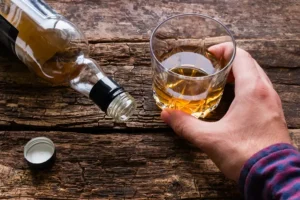
Does Drinking Alcohol Warm Your Body?
When drinking in any kind of extreme weather, you should be cautious and aware of all the risks involved. Be sure to stay safe, pace yourself and keep yourself warm and hydrated. Or just save your next drink for when you’re safe and toasty indoors. Alcohol itself already causes dehydration, which is a major contributing factor to the symptoms listed above.

Deixar Um Comentário